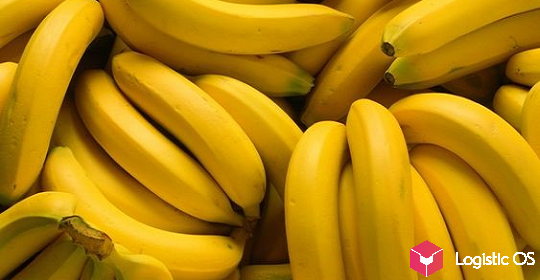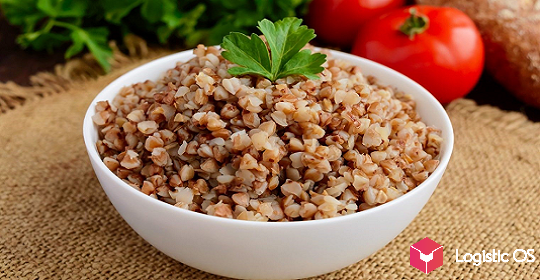Global food prices have fallen for the sixth month in a row.
According to the Food Organization of the United Nations (FAO UN), September again showed a fall.
At the same time, the peak was March 2022, when the cost of food in the world was the highest.
Overall, the FAO index fell about 1.1% in September compared to August. However, if we compare this September with the previous one, we have an increase of 5.5%.
Vegetable oil is getting cheaper
In just a month, the price index for it, according to the UN, fell by as much as 6.6%, the lowest level since February 2021.
There are several reasons for this fall:
increase in exports of soybean oil from Argentina.
growth of export of sunflower oil from the countries of the Black Sea region (Russia, Ukraine).
lower oil prices (cheaper logistics).
But there are problems with grain
According to the UN, grain — one of the main food products on the planet — on the contrary, is becoming more expensive.
The September FAO UN Index rose by 1.5% compared to August.
Wheat has risen in price by 2.2%, this rise in price also has its own reasons:
questionable crop status in Argentina m USA
The European Union is increasing exports, while the country has very high domestic consumption, so that the Europeans themselves may not have enough leftovers.
the further fate of the grain deal between Russia and Ukraine is in question.
As for milk, meat and sugar, the FAO index for them fell by about 0.5% over the month.
Largely thanks to Brazil — this country is one of the most important exporters of both sugar and meat (lamb) in the world, and this year it has good prospects in terms of production volumes of these products.
However, such dynamics should not be reassuring — according to the UN, there are at least 45 countries in the world, including 33 African ones, that will not have enough of their own food supplies and will need additional food supplies.
Declining prices are worse than rising
Georgy Ostapkovich, director of the HSE Center for Market Research, points out that there is no point in rejoicing at price cuts, this only happens when people’s incomes fall.
Otherwise, we would have had a stop in price growth — but not a decrease. Deflation is worse than inflation, because deflation stops businesses from making big profits, which can eventually mean they shut down.
Therefore, it is possible that the decline in food prices in the world is another sign of a recession, which is expected today in many countries.

